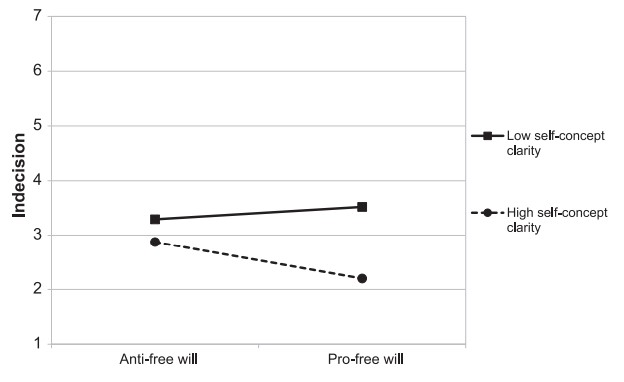The Distinction between Fear and Angst in Existentialism
Introduction
The concepts of fear and angst are central to the philosophical school of existentialism (Sartre, 2007). According to philosophers such as Sartre (2007) and Kierkegaard (1996), existential angst was a result of a person experiencing their own freedom in comparison to their own expectations. Despite the fact that both fear and angst were vital to existentialism, there existed at least 3 separate definitions of these experiences divided between Sartre (2007), Kierkegaard (1996) and Heidegger (1968). Another question facing philosophers was whether there existed a meaningful distinction between fear and angst. The goal of the present essay is to address these 2 issues by comparing the fundamental works of Sartre (2007), Kierkegaard (1996) and Heidegger (1968). The structure of the analysis includes separate discussions of how fear and angst are defined by Sartre, Kierkegaard and Heidegger. The concluding section briefly summarises the findings and provides theoretical implications arising from the results.
Conceptualising Fear and Angst in Existentialism
Heidegger’s Perspective on Fear and Angst
The work of Heidegger (1968) focused on the fact that the universe and a person’s existence in their environment ultimately lacked any objective meaning. This implied that individuals regularly faced the need to establish their own rationales for their subjective outlooks on life, morality and mortality (Sharr, 2006). Angst, therefore, was an emotion experienced by all humans realising that there existed no meanings beyond their own experiences and cognitions. On the other hand, Heidegger (1968) did not provide a detailed definition of fear. The philosopher defined existence as being responsible for one’s own choices. Fear, therefore, could be an emotion arising from accepting this responsibility and fully realising that one’s free will had a major impact on one’s development. When evaluating this definition, Kokkoris et al. (2019) provided the following data on the correlation between free will and indecisiveness.
Figure 1: The Correlation between Free Will and Indecisiveness

Source: Kokkoris et al. (2019, p.58)
In contrast to the theories of Heidegger (1968), the authors stated that stronger beliefs in free will were associated with lower levels of indecisiveness. However, the results were only limited to individuals exhibiting high levels of the self-clarity concept (Kokkoris et al., 2019). Based on these findings, the essay could re-frame the original postulates of Heidegger (1968) as follows. Angst was a regular feature of human existence and had little impact on making everyday decisions. Fear, on the other hand, was a stronger negative emotion linked to exerting one’s free will and bearing responsibility for one’s own choices. If an individual faced difficulties in defining their own identity, fear possibly accounted for greater levels of indecisiveness associated with pro-free will beliefs (Kokkoris et al., 2019; Michelman, 2010).
A contrasting perspective on this distinction was that the later works of Heidegger, instead, focused on being open to existence and other individuals (Heidegger, 1968; Sharr, 2006). This meant that it was possible to at least partially overcome one’s fear. Nonetheless, the philosopher did not suggest whether it was possible to fully overcome angst. In a more recent review of the findings of Heidegger (1968), Shepherd (2015) noted that Heidegger’s existentialism advocated against certain experiences such as travelling. This meant that the avoidance of fear did not necessarily entail achieving higher levels of self-clarity. Instead, fear could be overcome by avoiding activities that, according to Heidegger (1968), failed to contribute to personal and social development.
Fear and Angst in Accordance with Kierkegaard
In direct contrast to Heidegger (1968), the works of Kierkegaard (1996) typically focused on angst and fear in relation to morality and the original sin. According to Kierkegaard, angst was a result of experiencing the freedom for making one’s own decisions (Matustik and Westphal, 1995). Angst was the uncertainty before choosing to commit to a particular action or a decision. While angst was frequently portrayed as a negative concept, the philosopher also acknowledged that angst could produce positive results (Kierkegaard, 1996; Caruso and Flanagan, 2018). Angst was the main driver of self-reflection, meaning that uncertainty provoked individuals to philosophise and attain greater levels of self-knowledge. While Kierkegaard (1996) provided a detailed definit